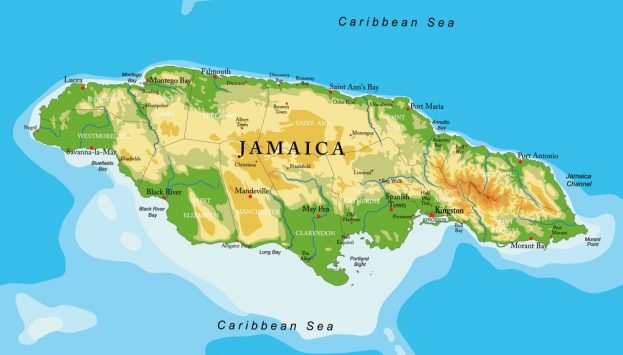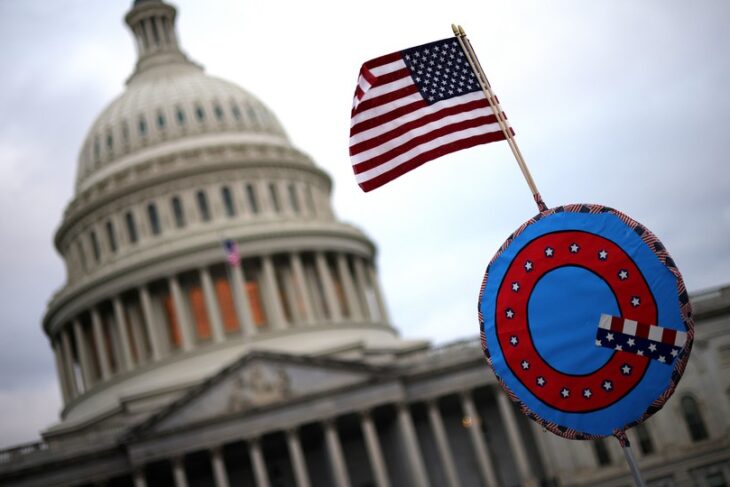
Jamaica has long flirted with the idea of becoming a republic. The idea was floated first by the PNP in the 70s and was accepted by the JLP in the 80s.
In the 90s both parties again backed the idea, following the creation of many committees and the publishing of their results. The idea was again floated, this time by the JLP, and with the creation of their Ministry of Legal and Constitutional Affairs (MLCA) they have been hosting town hall meetings to both educate and inform the public about the process as well as to gauge public sentiment about the handling of the process.
Despite the lofty ambitions stated by the PM and minister about a process that won’t drag into the election cycle, it is blindingly obvious that we will remain a nation headed by the British monarch for some time to come.
There are many reasons why the target will be missed. There is the fact that the two major political parties disagree on what should be tackled — do we continue using the royal courts or do we use the Jamaican or the Caribbean Court of Justice (CCJ) as the final court? This issue alone has and will continue to stymie attempts by both parties to become a republic.
There are, though, other issues, some seemingly innocuous, which will ensure that this plan does not see fruition in 2025 and may in fact be postponed for some time to come. Most important is the length of the legislative process to become a republic.
If the initial required legislation were tabled today it would take three months before debates on that Bill could start. If all goes smoothly, there is another three-month wait between the end of the debate and the House passing it. That is six months which would take us firmly into February 2025, cutting it really close to the elections.
With the PNP smelling victory at the next elections we can expect them to be obstructionist, blocking attempts by the Government to pass the Bill. There is no feasible path for us to become a republic before elections just by doing the math.
That, though, may be a blessing in disguise for the Government and should be a lesson to the Opposition that this is the result of a serious lack of public education and input in the constitutional reform process. There has been little to no public consultation on the reform process or what the public would like to see as a result of the process. The most blatant example is the public clamouring for an elected president and the staunch refusal by the parties and civil society to budge on it and envision a world where Parliament votes for the president.
After that is the refusal to include impeachment even though this issue was long ago agreed upon by… wait for it… both major parties and many civil society groups. People literally have no clue how the process works and this must be blamed on the Government. We all know education campaigns; what has taken place is not one, just the bare minimum. The town halls are not venues of education, as they go from place to place never staying longer than a night. If it were serious these events would be repeated to give large percentages of community residents potential input. As opposed to talking down to people for not knowing the reform process time should have been spent educating the people on how the process works. This lack of public input will inevitably result in a low turnout for any referendum on the matter. One cannot help thinking that this was the plan all along.
What does this mean for the referendum? The odds are very slim that it will be held next year before the election. The process has been too slow and stalled for it to happen before then. I am no fan of the process that is taking place. I believe that more public input and engagement are needed. But this stage should have been a cakewalk for the Government, especially with most of the points already being agreed on. This is a big unforced error, especially by an Administration that is utilising this process to fiddle with the Senate, so the governing party is empowered to ram through legislation.
Despite it being stalled for now, we can expect the PNP to run with remnants if they make up the next government, so the questions and issues will remain. We cannot take our eye off this particular ball; it represents a once in a lifetime moment and the chance to create something better than what we currently have must not be wasted.
Apart from the CCJ, both parties agree by and large with what has been signed off on. We cannot leave it to a select few to dictate how we live and are governed for the next 62 years. We must use the upcoming pause to demand a redo, taking the people and their demands into account unless we want to swap one unelected head of state for another.



